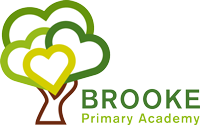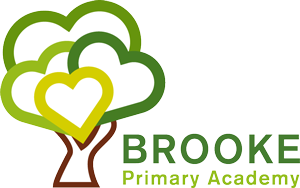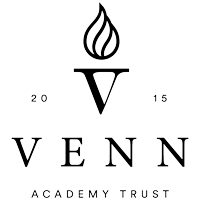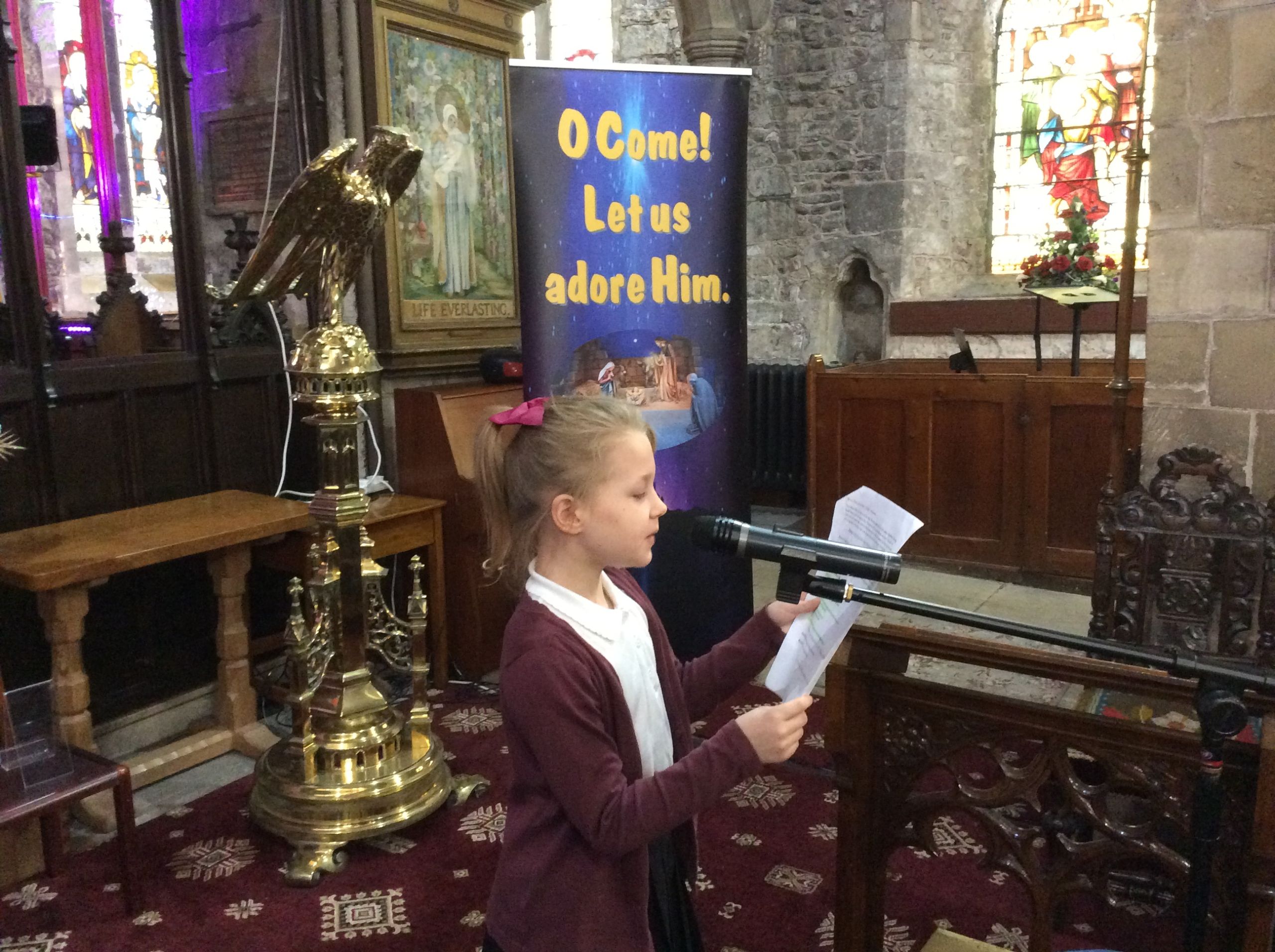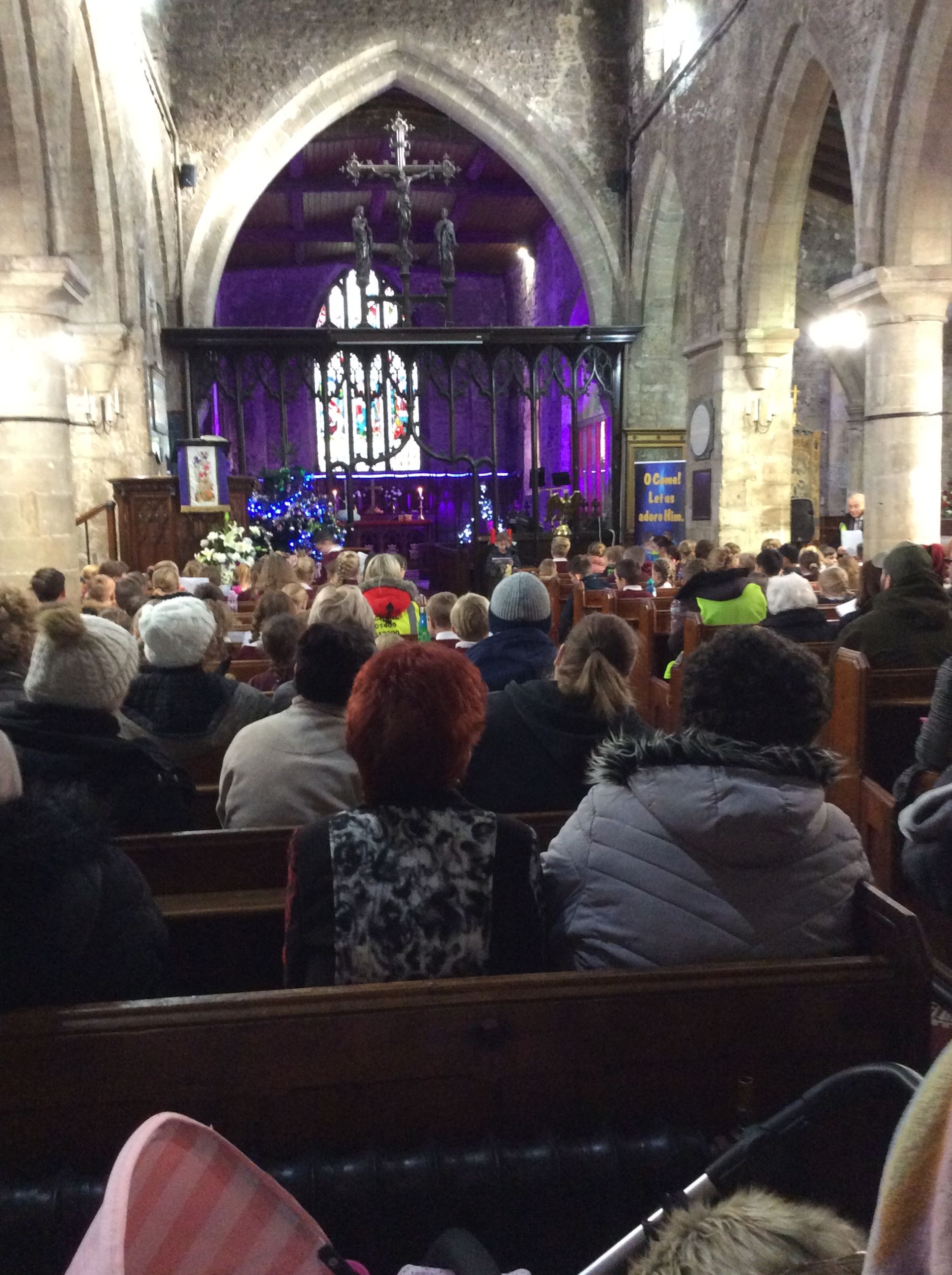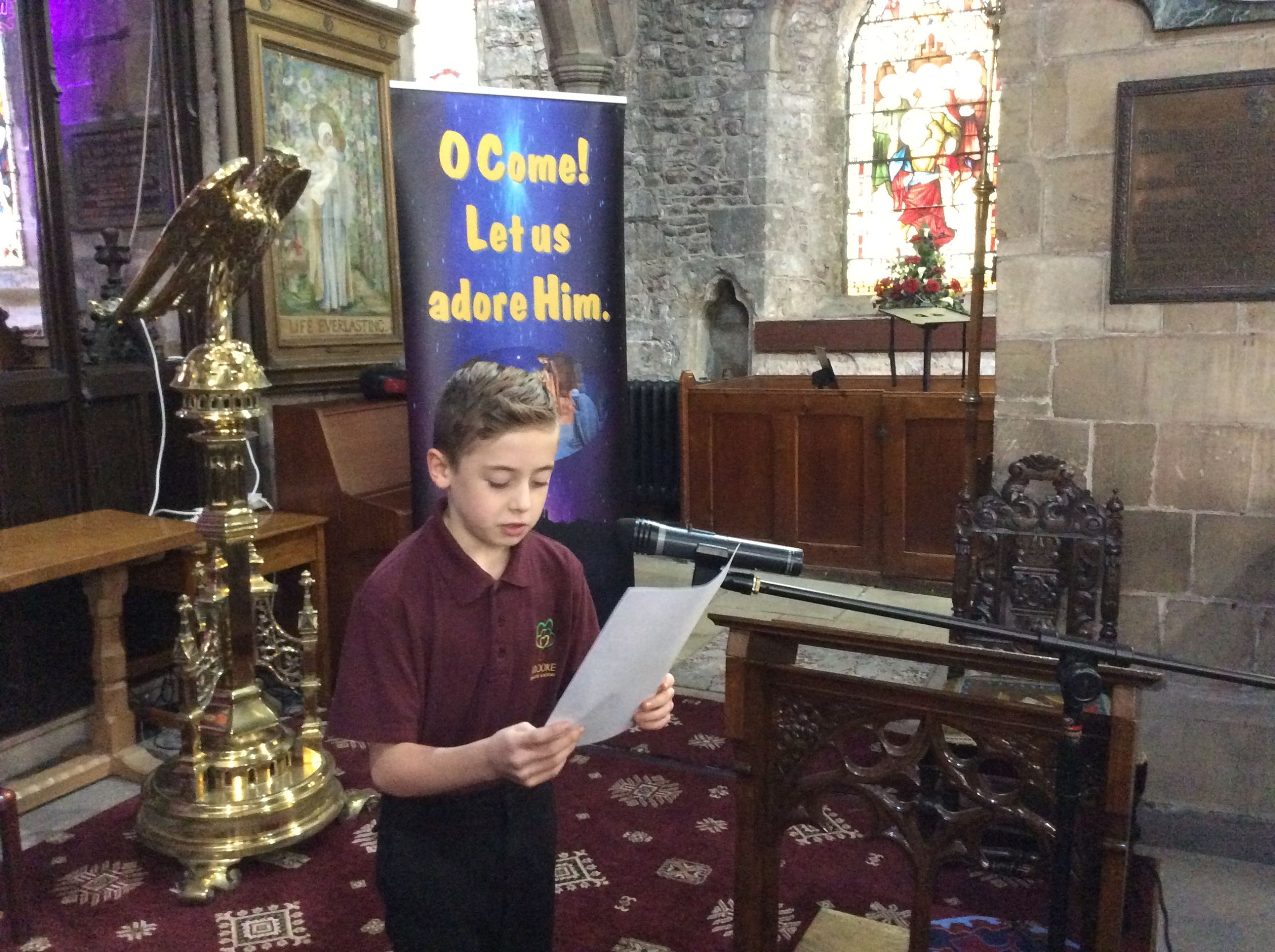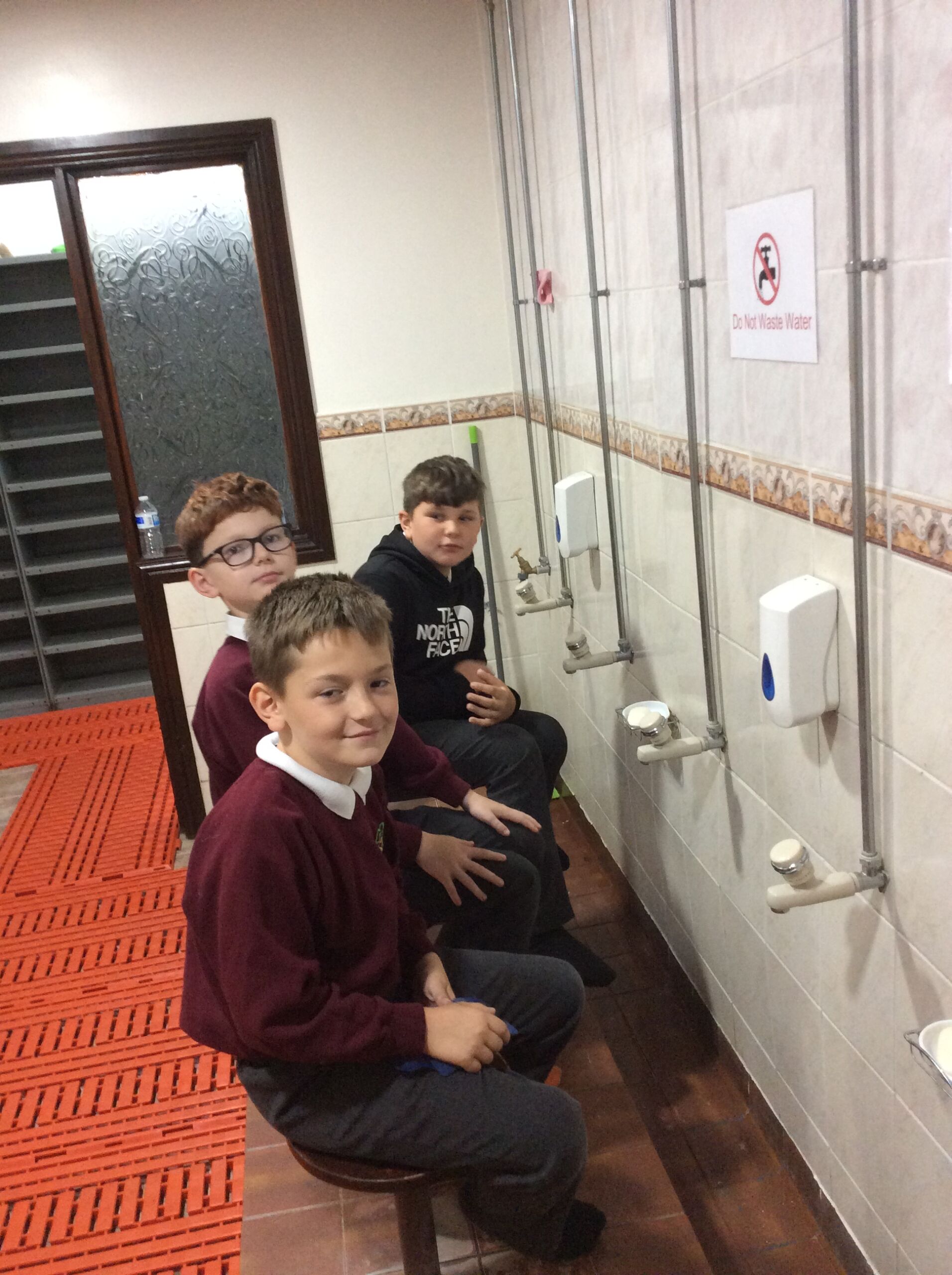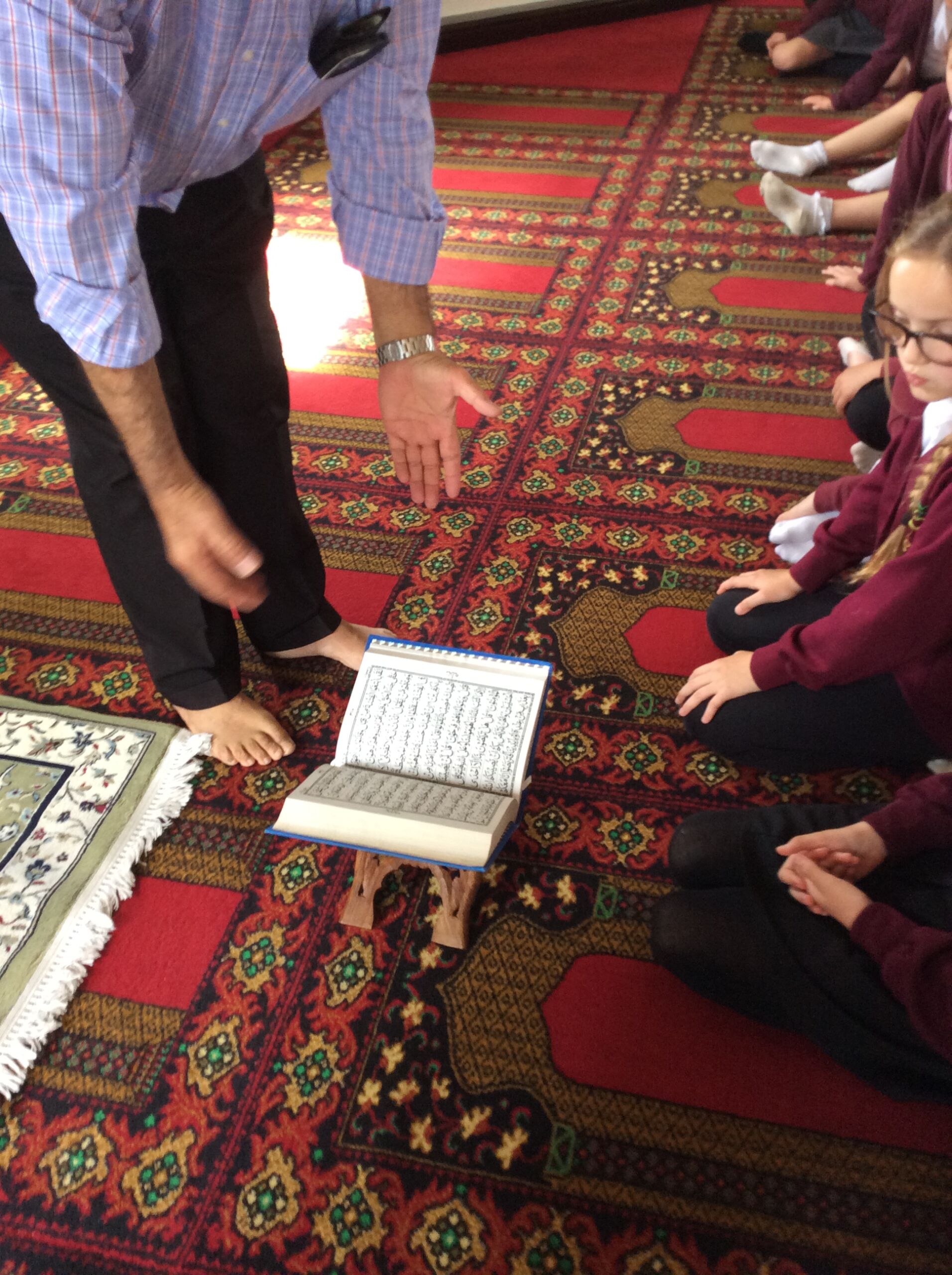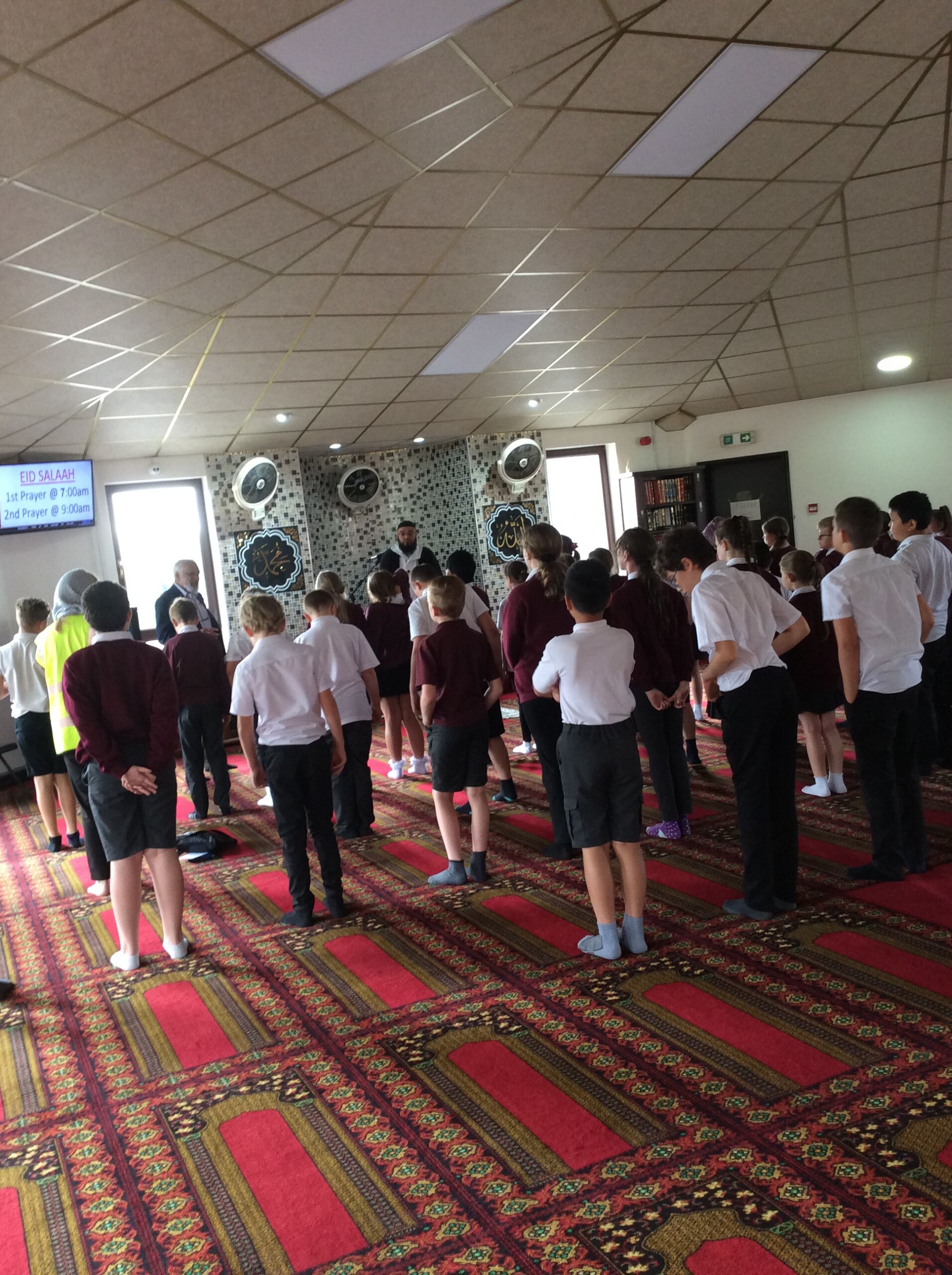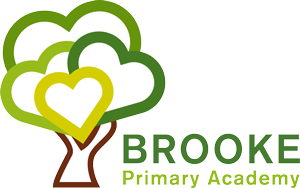
A Venn Academy Trust School
– Together we will…
Venn is a pioneering academy trust, committed to building educational environments where all pupils are inspired to become lifelong learners who achieve the very highest standards possible.
Collaborating with all partners, the Trust works with its unique settings to create world class learning experiences for all.

RE
Ambition
At Brooke Primary Academy, we believe that it is vital for all our pupils to learn from and about religion, so that they can understand the world around them. Through Religious Education, pupils develop their knowledge of the world faiths, their understanding and awareness of the beliefs, values and traditions of other individuals, societies, communities and cultures. We encourage our pupils to ask questions about the world and to reflect on their own beliefs, values and experiences. Our Religious Education curriculum is enhanced further with trips to places of worship in our local area.
Through the teaching of Religious Education we will provide our children with thought provoking questions about themselves, beliefs about God in major World Religions, non-religious perspectives such as humanism and moral issues of right and wrong. By doing this we intend to develop their understanding and enable them to make their own informed choices about religious views and what it means to be human; in order to prepare our children for their future as citizens in our multicultural Britain of both today and tomorrow.
Implementation
As an Academy we have a long-term plan for Religious Education based on the Doncaster Agreed Syllabus units (2019–2024), to aid progression for our learners during their journey with us.
Our children are exposed to learning about and from a range of principal religions represented within the United Kingdom, in line with the Doncaster Locally Agreed Syllabus (2019 – 2024) as follows:
- Early Years Foundation Stage
Children will study Christianity, Islam and Hinduism.
- Key Stage One
Children will study Christianity, Islam and Judaism.
- Key Stage Two
Children will study Christianity, Islam, Hinduism and Judaism. Additionally, pupils in Key Stage Two will also consider the views of Humanists, as we recognise that not all children and the local community belong to a religion.
Impact
By the end of their time at Brooke Primary Academy, our pupils should:
- Demonstrate a positive attitude towards people of any religion and show an understanding of cultural beliefs different to their own.
- Be able to make links between their own lives and those of others in their community and in the wider world, developing an understanding of other people’s cultures and ways of life.
- Demonstrate respectful behaviour to all – respect is transferable outside of school in the wider community and beyond.
- Know about important people from the past and the present who have been or are positive role models and who are of a different race or religion.
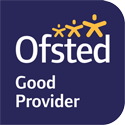
Support for SEND: The school effectively identifies and supports pupils with special educational needs and/or disabilities (SEND), involving parents in the assessment process and adapting lessons to help these pupils build new knowledge.

Curriculum and Learning: The curriculum is well-considered, building on previous learning to deepen understanding. While assessment systems need improvement, the school’s overall approach helps in identifying and supporting pupils’ needs.

Reading and Phonics: The school is committed to ensuring all pupils learn to read. Effective training and support for teachers, along with appropriate reading materials and catch-up sessions, help pupils read accurately and confidently.

Safeguarding: The school has effective safeguarding arrangements, creating an open and positive culture that prioritises pupils’ interests.

Extracurricular Activities: There is a wide range of clubs available, such as football, rugby, forest school, and choir, which help develop pupils’ talents and interests.

Overall Effectiveness: The school is rated “Good” in all categories, including quality of education, behaviour and attitudes, personal development, leadership and management, and early years provision.

Governance and Leadership: Trustees and governors are skilled and committed, regularly visiting the school and maintaining an accurate picture of its operations to ensure continued improvement.

Anti-Bullying: Pupils respect each other, believe in the school’s values, and feel confident that any issues, including bullying, would be resolved quickly by adults.

High Expectations and Progress: The school sets high expectations for all pupils, which are being met. Parents appreciate the support and information provided by the staff and are pleased with the progress their children make.

Positive Behaviour: Changes in how behaviour is managed have helped pupils reflect on their feelings and make better choices. This has resulted in positive behaviour during lessons and playtimes.

School Environment: The academy is described as a warm and welcoming place where pupils feel safe and happy. Respectful and positive relationships are central to the school’s environment.

Early Years Provision: The early years setting promotes positive relationships and collaboration among children. Adults model effective communication and use assessment well to engage children in their learning.

Promotion of Values: Pupils learn about diversity and British values through various activities and demonstrate positive attitudes and respect for others. The school also encourages community involvement, such as the choir singing in residential homes and helping at the local food bank.
